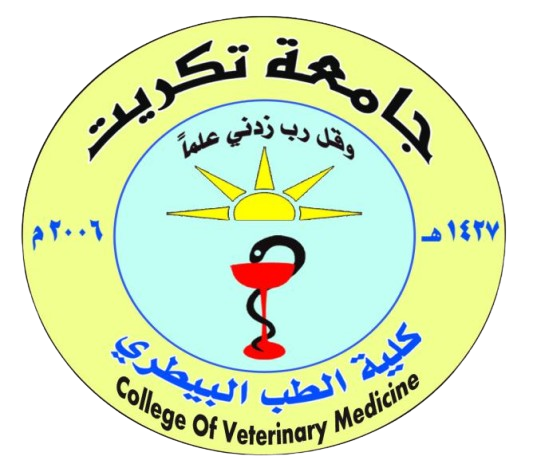Veterinary Ethics
Veterinary ethics relate to the professional and humane responsibilities of the veterinarian toward animals, their owners, and society at large.
1. Animal Welfare:
• A veterinarian must treat animals with kindness and care, ensuring a safe and healthy environment for them.
• A veterinarian must strive to protect the welfare of animals and be sensitive to their pain and suffering.
2. Justice and Equality:
• A veterinarian must treat all animals and their owners equally, regardless of race, social class, or any other factor.
• A veterinarian must provide health care to animals regardless of their financial means.
3. Professional Skill:
• A veterinarian must be appropriately qualified and trained to practice their profession and continue to regularly develop their knowledge and skills.
• They must adhere to the highest standards of accuracy and quality in diagnosing and treating animals.
4. Confidentiality and Privacy:
• A veterinarian must maintain the confidentiality of information related to the health status of the animal and any private information about the owners.
• This information may only be disclosed in exceptional circumstances, such as a threat to public health.
5. Communication with Animal Owners:
• The veterinarian must be able to communicate clearly with animal owners, explaining the diagnosis and recommended treatment.
• They must be able to provide sound advice to animal owners on preventative care, nutrition, and ways to improve animal welfare.
6. Responsibility to the Community:
• The veterinarian must be committed to preserving public health and protecting the environment by providing the necessary advice and guidance to the community about animal diseases that may affect humans (common diseases between humans and animals).
• They must contribute to disease prevention and limit their spread.
7. Maintaining Public Safety:
• The veterinarian must adhere to procedures that ensure food safety when handling animals raised for food production, and must be careful to prevent diseases that may be transmitted through meat or dairy products.
8. Empathy and Empathy with Animal Owners:
• In cases of injury or death, the veterinarian must empathize with animal owners and assist them in making difficult decisions regarding their pets.






